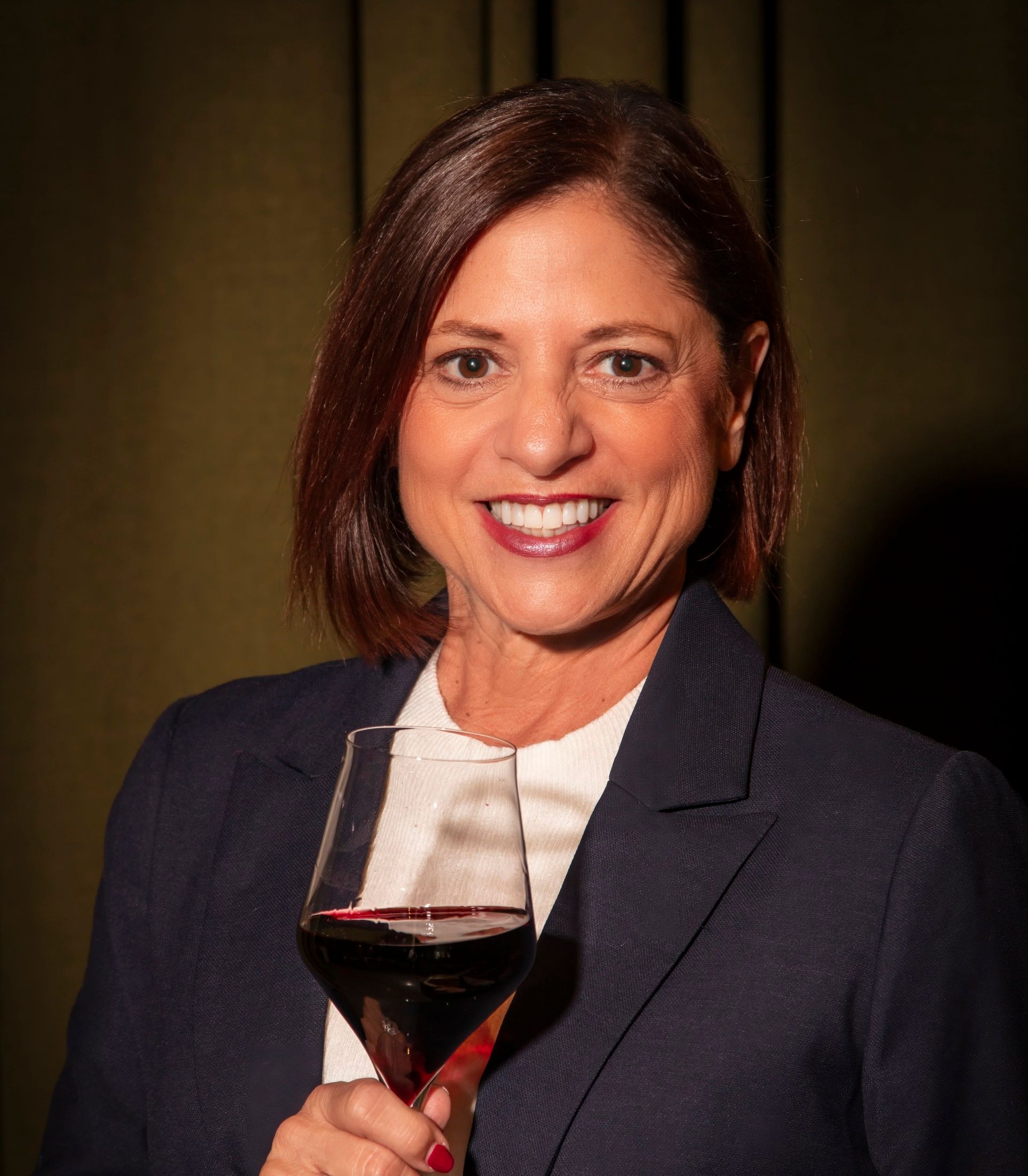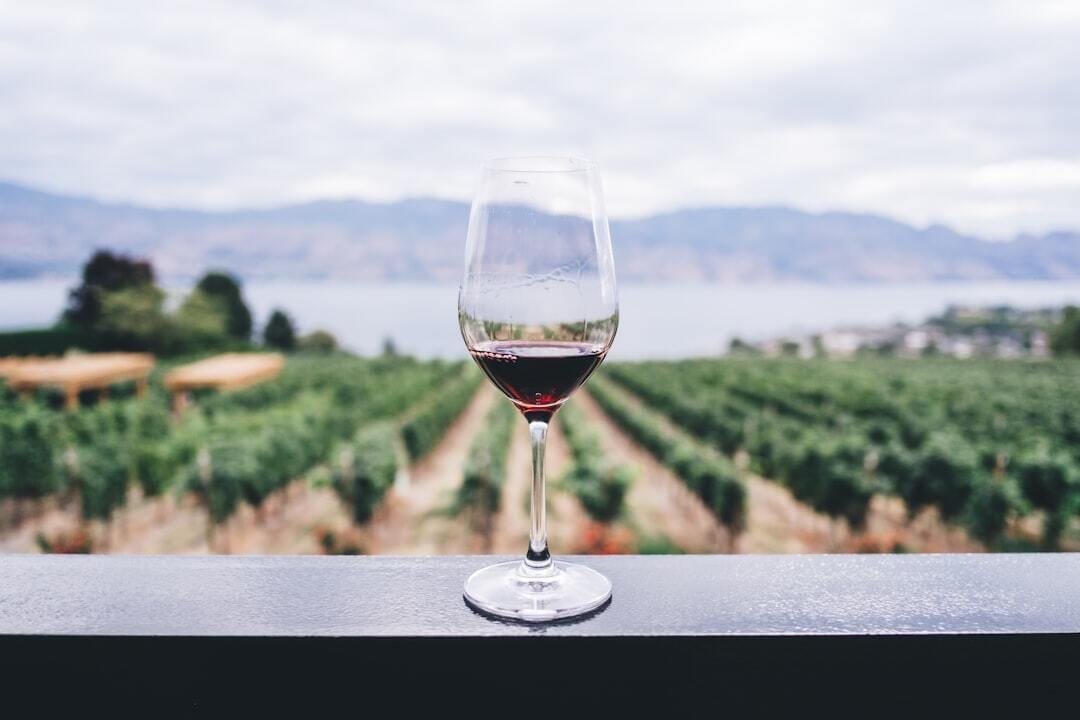What you probably already know: People are drinking less wine with each passing year. Last year, wine sales in the U.S. fell 6% compared to the previous year, and wine isn’t alone: A 2023 Gallup poll found that Americans under 35 drank less alcohol in general than previous generations. The slump in wine sales is the result of several converging factors, says Jamie Peha, founder and president of creative consultancy Peha Ventures and a prominent voice in Washington’s evolving wine industry. “Shifting demographics and wellness trends are reshaping demand, while economic challenges and oversupply are squeezing margins and disrupting business,” she says. “Northwest producers are not immune to market pressures and are feeling the same headwinds seen nationally like rising costs and a more cautious consumer.”
Why it matters: These headwinds mean the wine industry must evolve. What worked to attract older generations doesn’t hold for younger consumers: For instance, brand loyalty isn’t as important to Gen Z and millennial drinkers as it is for Gen Xers and baby boomers. Higher costs of living and inflation have also made wine less accessible for many consumers, particularly younger people. Despite humankind’s estimated 8,000-year relationship with wine, it now faces stiff competition from a never-ending flow of new craft beers, spirits, hard seltzers and non-alcoholic alternatives. The act of drinking wine is undergoing a generational redefinition, Peha says. “Millennials and Gen Z are not disengaged from wine,” she says. “They’re disengaged from the way wine has traditionally been marketed, priced and communicated.”

Jamie Peha, founder and president of Peha Ventures. | Photo by Rodrigo De Medeiros
What it means: Younger consumers “value authenticity, experiences, and purpose-driven brands,” Peha says. “The future belongs to those who position wine as an entry point to culture, travel, and community in alignment with how the next generation experiences life.” Improving accessibility by offering value-priced options that don’t shirk on quality and focusing on direct-to-consumer sales will also help shepherd wine into a thriving future, experts say. Wines marketed as healthier options (think zero-sugar and low-calorie) are also receiving a lot of interest. “Innovation in wine today is showing up through sustainability, storytelling and experiences that bring people closer to the heart of the craft and the makers,” Peha says. “The most effective strategies are those that invite consumers into the story. Creative partnerships, travel experiences and curated events that blend wine with culture, music, food, and causes are helping producers reach new audiences. The focus has shifted to creating belonging first before selling bottles, and that is where real growth is happening.”
What happens next: Despite a sustained downturn in wine sales, the total market value is actually on the rise, growing from an estimated $105.4 billion in 2023 to $109 billion in 2024. Many obstacles remain in the wine industry’s journey to a thriving future, but Peha is confident that reinvention will define the coming decade, and Northwest leaders are setting the pace. “Major industry organizations — the Washington State Wine Commission, Auction of Washington Wines, Washington Wine Growers, and the Washington Wine Institute — are working together more strategically than ever,” she says.
Ultimately, wine’s continued success depends on those who can think differently, listen and adapt, says Peha. “We’re already seeing momentum around wellness-focused wines, from low- and no-alcohol options to creative alternatives that meet consumers where they are,” she says. “Technology will play a major role too, with AI-managed vineyards and climate-resilient varietals reshaping how wine is grown and produced. Sustainability will no longer be a choice but a cornerstone of success. Ultimately, the industry’s future will depend on its ability to authentically connect with younger, values-driven consumers who are redefining what it means to enjoy wine.”
— Story by Cambrie Juarez
[email protected]


